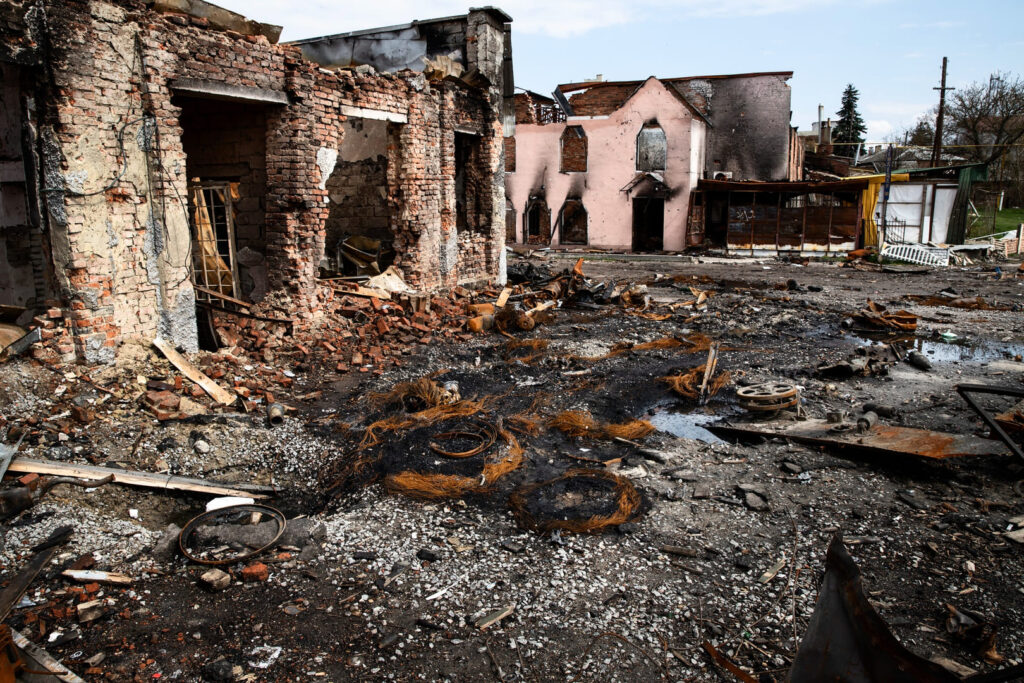As the death toll from this week’s enormous earthquake and its aftershocks that levelled buildings in portions of Turkey and Syria approached 15,000 on Thursday, rescue crews were looking for survivors.
The broad strokes: As rescue workers dug through the wreckage of buildings destroyed by the magnitude 7.8 earthquake that struck at 4:17am local time (1:17 GMT) on Monday just north of Turkey’s Gaziantep, close to the Syrian border, officials issued a warning that the death toll will surely grow. The accident also left tens of thousands of people injured.
Egypt, Lebanon, and Cyprus all experienced tremors. According to the United States Geological Survey, a second quake of magnitude 7.5 occurred nearby Monday afternoon (USGS).
In the regions affected by the world’s deadliest earthquake since the one that rocked Japan and killed over 20,000 people, Turkish President Recep Tayyip Erdoan proclaimed a three-month state of emergency.
Erdoan, who toured earthquake-devastated areas this week, claimed that by Tuesday, 70 countries had pledged to help with search and rescue efforts.
Using numbers: According to Turkey’s Disaster and Emergency Management Authority, as of Thursday, 12,391 people have died and 62,914 had been injured as a result of the earthquake.
In areas controlled by the government, at least 1,250 people were reported dead and 2,054 more injured on Wednesday, according to Syrian official media.
First responders known as the White Helmets, the Syrian Civil Defense, reported on Wednesday that more than 1,900 people had killed and 2,950 had been injured in opposition-held areas, bringing the country’s total death toll from the earthquake to at least 3,150 people.
Notable: Due to the nearly 12-year civil conflict, hundreds of thousands of Syrian refugees have fled to Gaziantep and the nearby localities.
According to El-Mostafa Benlamlih, the UN resident coordinator for Syria, there are currently 15.3 million people in need of humanitarian help in the nation.
In opposition-held regions of northwest Syria, where millions of people who have been displaced by the war dwell in densely crowded communities, there have been tales of tremors being particularly destructive. According to Benlamlih, there are thought to be 100,000 homeless individuals living in Aleppo alone.
He stated that 70,000 Syrians were “living in a horrific circumstance” while dealing with the snow.
Zooming out Humanitarian organisations are warning that the earthquake revealed a “crisis amid multiple crises” for Syria, a country whose people are already suffering from the ravages of war, according to Laurin-Whitney Gottbrath of Axios.
What they say is this: Following the earthquake, U.S. national security advisor Jake Sullivan stated via email that the country was “ready to provide any and all” assistance required.
In order to assist those who are most in need, “President Biden has asked USAID and other federal government partners to explore U.S. response options,” the official stated.
In a statement released on Monday, Biden said that senior American officials had spoken with Turkish colleagues to arrange for U.S. help, and that American-backed aid organisations were doing the same in Syria.
In addition, Biden said, “Today, our hearts and our heartfelt condolences are with all those who have lost their loved ones, those who are hurt, and those who have seen their homes and businesses damaged.”
The search and rescue efforts are “now a race against time,” according to Tedros Adhanom Ghebreyesus, director-general of the World Health Organization, as “the probability of finding people alive lowers” with each passing minute.
The U.S.’s “first assistance response” is currently “underway,” according to Secretary of State Antony Blinken, who also committed to “do all that we can in collaboration” with the Turkish government to help the earthquake victims during a call with Turkish Foreign Minister Mevlüt avuşolu on Monday.
Photos document Turkey and Syria’s reactions to the devastating earthquake.












